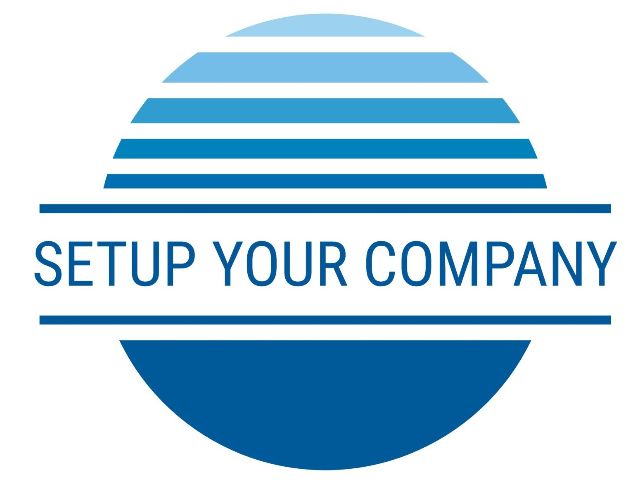Sole Trader or Limited Company
If you are contemplating whether to operate as a sole trader or set up a limited company in Ireland, you need to consider your business goals, legal and financial considerations, and personal preferences. Both options have their advantages and disadvantages:
1. Sole Trader:
Simplicity: Setting up as a sole trader is straightforward. You can start trading under your own name without the need for complex legal structures, however you may have to register your business with a business name if you call your business a name other than your own personal name.
Control: You have full control over your business decisions and operations.
Taxation: As a sole trader, your business income is generally taxed at your personal tax rate. You may be eligible for certain tax credits and deductions.
Privacy: Sole traders typically have more privacy, as there are fewer public disclosure requirements compared to limited companies.
2. Limited Company:
Setting up a limited company instead of operating as a sole trader in Ireland offers several advantages, which can be particularly appealing for certain businesses and individuals. Here are some key advantages of a limited company over a sole trader:
Limited Liability: Shareholders in a limited company are not usually personally liable for the company's debts. This means that your personal assets, such as your home and savings, are generally protected if the company faces financial difficulties.
Credibility: A limited company structure can enhance the perception of your business. Many suppliers, clients, and investors view limited companies as more stable and professional entities, which can lead to increased trust and credibility.
Taxation Benefits: Limited companies can offer tax advantages, including lower corporate tax rates and the ability to plan your income more tax-efficiently through methods like paying yourself a salary or dividends.
Access to Funding: Limited companies often find it easier to secure business loans, attract investment, or issue shares to raise capital. This can be especially important if you have plans for substantial growth or expansion.
Succession and Ownership Transfer: Transferring ownership or selling a limited company is generally more straightforward and flexible than doing the same as a sole trader. This can be important for long-term planning and exit strategies.
Professional Image: Limited companies are seen as more established and professional, which can be beneficial for marketing and attracting clients or partners.
Continuity: The death or departure of a sole trader can result in the business ending or facing significant disruption. In a limited company, the business can continue operating with a change in shareholders or directors.
Asset Protection: Holding valuable business assets within a limited company can offer additional protection against creditors and lawsuits.
Easier Employee Recruitment: Limited companies can provide employee benefits like pensions and stock options, making it easier to attract and retain top talent.
Limited Personal Financial Risk: As a director or shareholder of a limited company, your liability is generally limited to the amount of unpaid shares, which means that your personal finances are not as exposed to business risks.
While there are clear advantages to forming a limited company, it's essential to consider the administrative and compliance requirements, including annual financial statements, audits, and filing obligations, which can be more extensive than those of a sole trader. It's advisable to consult with a legal or financial professional to determine the most suitable business structure based on your specific goals and circumstances.
The choice between a sole trader and a limited company will depend on your specific circumstances and business goals. You should consider factors such as your financial situation, risk tolerance, growth ambitions, and the level of administrative and compliance work you are willing to undertake.
Before making a decision, it is advisable to consult with a professional, such as an accountant or business advisor, who can help you assess your specific situation and provide guidance on the best structure for your business. Additionally, be aware that laws and regulations may change, so it's essential to stay informed about the most current rules and requirements in Ireland.


